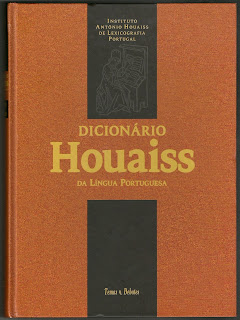One of the most important goals every student should have is to become an autonomous, self-sufficient learner, who can continue learning and improving for their whole life. As a result, our aim as teachers is to help our students to learn independently, taking advantage of the many wonderful resources available. A fantastic example of these resources is the humble dictionary. So how can a dictionary help you to develop good learning habits for your future?
Free yourself from bad translations!
Google’s technology has come a long way, but its translator (like all translators) is still not able to read your mind. One word can have many meanings, and can even be different parts of speech (e.g. noun, adjective, verb etc.) depending on the context. If I type in ‘bear’ from the expression ‘bear with me’, how will google know if I’m talking about the noun ‘bear’, meaning a big hairy animal, or the verb ‘bear’, which itself has five definitions in the oxford dictionary? Use your dictionary to help you with spelling, pronunciation, grammar, word families, prepositions, phrasal verbs, idioms, collocations and more!
Google’s technology has come a long way, but its translator (like all translators) is still not able to read your mind. One word can have many meanings, and can even be different parts of speech (e.g. noun, adjective, verb etc.) depending on the context. If I type in ‘bear’ from the expression ‘bear with me’, how will google know if I’m talking about the noun ‘bear’, meaning a big hairy animal, or the verb ‘bear’, which itself has five definitions in the oxford dictionary? Use your dictionary to help you with spelling, pronunciation, grammar, word families, prepositions, phrasal verbs, idioms, collocations and more!
Ms. Carla recommends:
Ms. Patrícia recommends:
Love,
Ms. Patrícia and Ms. Carla











I agree. Imagino que seja difícil se na família ninguém fala inglês, mas o google translator atrapalha mais do que ajuda.
ResponderExcluir